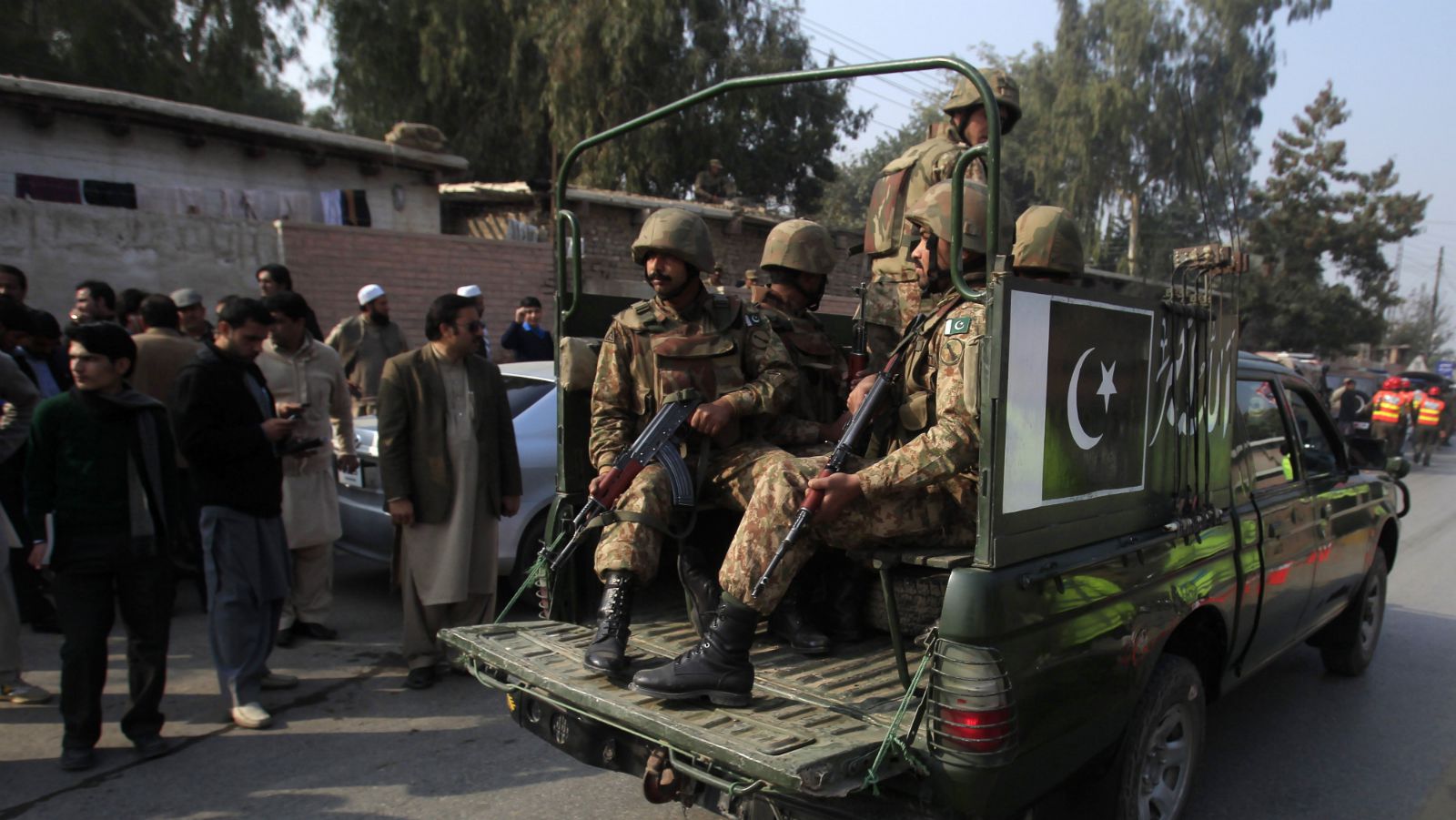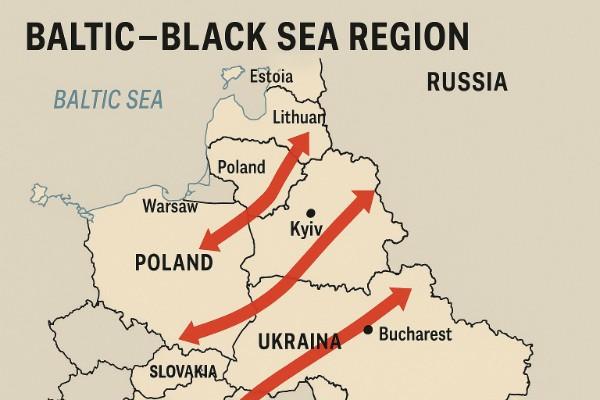On July 30, a suicide bombing in the Bajaur district of Khyber Pakhtunkhwa left 50 dead and hundreds more injured. The Islamic State – Khorasan Province (ISKP) claimed responsibility for the attack on the JUI-F political rally, which has been an ally of the Taliban.
Additionally, in the aftermath of the attack, the UN Security Council called for nations to cooperate with the Pakistani government as it attempts to apprehend the entities involved in the attack, along with their facilitators.[1]
After the Taliban takeover in Afghanistan, Pakistan has seen a rise in terrorist attacks, disrupting previously peaceful conditions in the country. Several analysts have connected growing instability and insecurity in Pakistan to the Taliban’s takeover, stating that militant groups like the TTP have intensified their targeted attacks, having found safety under the Taliban regime. A UN Security Report highlighted that the Taliban’s influence had emboldened the TTP as it tried to regain control in Pakistan after it was reunified with various other splinter groups.[2]
The US withdrawal from Afghanistan after two decades left the region destabilized and raised concerns about the resurgence of Islamist militant groups. It was thus predicted that Pakistan would witness devastating spillover effects of the Taliban takeover, in context of rising terrorist activities both by the TTP and the BLA in Balochistan, which are influenced by the Taliban.
The ISKP, however, is an offshoot and regional affiliate of the Islamic State operating in Central Asia as well as South Asia. Interestingly, the Taliban are in direct conflict with the ISKP, which seeks to undermine Taliban’s influence in Afghanistan, where it has resorted to urban warfare. The attack on the Pakistani political party, JUI-F, in Bajaur was motivated by ISKP’s ambitions to go against the Taliban. This is because the JUI-F have historically been in close alliance with the Taliban and have also supported the Taliban campaign against the Islamic State, while Bajaur used to be a TTP stronghold for years. As a result, Pakistan has been caught in the crossfire as it finds itself in the middle of a competition among militant groups striving for influence in Afghanistan.
Moreover, the recent surge in terror attacks proves the involvement of multiple non-state actors in Pakistan since the Taliban takeover. This has worried Pakistan’s security establishment as the situation becomes bleak, requiring the state to tackle security threats on multiple fronts.
Furthermore, Pakistan has been left blindsided as it could not accrue any geopolitical benefits from the Taliban takeover in Afghanistan. Contrary to the expectations of Pakistan’s security establishment and despite supporting the Taliban for years in the war against US forces, the close ties between Pakistan and the Afghan Taliban could not be materialized. It was predicted that the Taliban would depend on Pakistan in return for its recognition and international support, which would put Pakistan in the position to seek strategic depth in Afghanistan vis-à-vis India. Simply put, a close relationship with the newly established Taliban government would have benefitted Pakistan’s India-specific interests, creating a buffer against possible Indian aggression.
Consequently, however, Pakistan is faced with a number of security challenges since the Taliban takeover, including rising terrorism, an increased number of non-state actors’ involvement, and India’s rapidly developing relations with the Taliban.
Author: Neha Khan is an International Relations graduate from Bahria University Islamabad. She has a keen interest in global affairs, with a focus on regional geopolitics.












